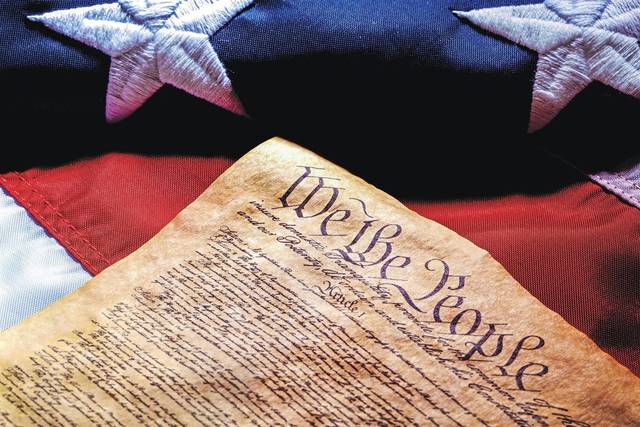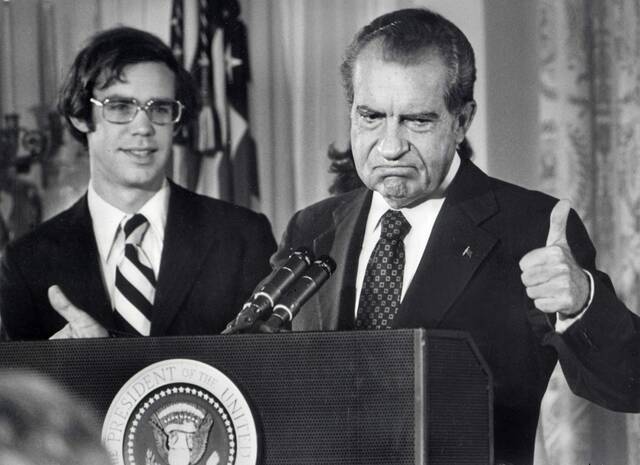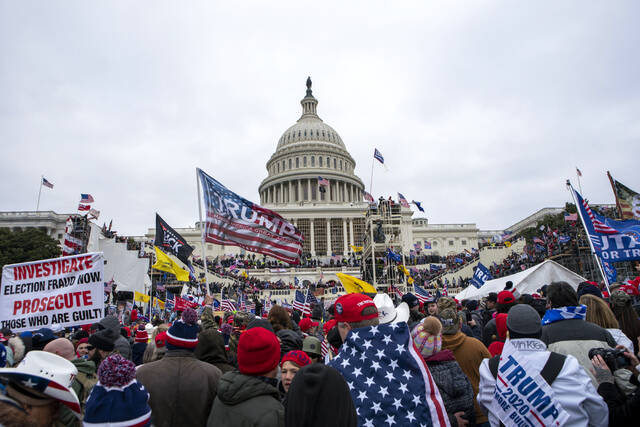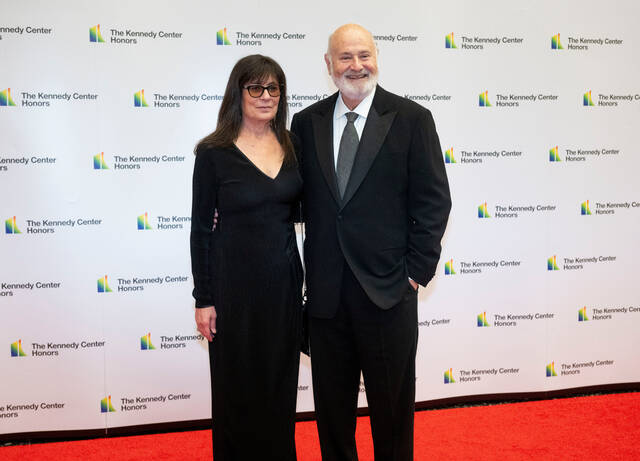“All men are created equal” may be the most quoted phrase of the Declaration of Independence and the most American notion ever. It is likely that Thomas Jefferson’s words — sharpened by Ben Franklin — were influenced by his French friend, the Marquis de Lafayette, and borrowed from his one-time Virginia neighbor, Philip Mazzei, the Italian merchant and political thinker.
No official civic words could have a higher pedigree. Still, that treasured statement of America’s core value has meant different things to different people from the beginning. And it has always been a benchmark that can be used to determine who has been left out of the American promise and who has been left in.
We can never reconcile or understand how Jefferson could write such pure words and sign them while owning slaves himself. We know that many members of the Congress were slaveholders, too, and language that would have ended slavery outright was rejected to keep them from abandoning the whole enterprise. Because of this, slavery became a lingering wound.
The Civil War, fought over slavery by the seceding states’ own statements, should have ended it. But after all the bloodshed and Lincoln’s victory, some states still resisted passage of the 15th Amendment, which granted Blacks the right to vote. Kurt Lash, writing for The Volokh Conspiracy, a law professors’ group-blog hosted by Reason magazine, described the chaotic scene as Congress convened after the war.
Facing pockets of resistance to Black suffrage in both the North and the South, anti-slavery congressmen refused to admit their colleagues from former Confederate states until it was determined what constitutional changes were necessary for their readmittance.
“The bewildered Southern representatives were left standing in the aisles, their pleas to be recognized by the chair ignored. Republicans instead proceeded to create the Joint Committee on Reconstruction and tasked it with determining the constitutional changes that had to be made before the Union could safely allow the return of the former rebel States,” Lash writes.
“When the newly readmitted state of Georgia refused to seat newly elected Black state representatives, Congress expelled the state of Georgia and demanded the ratification of the 15th Amendment as the price of re-readmission.”
It was a bare-knuckle stand against racism, holding Virginia, Mississippi and Texas to a similar test for readmission. The 15th Amendment was ratified in 1870, and that should have ended it. But white supremacists raged back after Reconstruction, using violence and intimidation to deny Blacks the vote, which is the hallmark of freedom and independence.
Other laws were needed, like the Civil Rights Act of 1964 and the Voting Rights Act of 1965. But the forces that do not fully accept the plain meaning of “All men are created equal” are at it again, devising and passing laws that will make it harder for poor and minority citizens to vote. So the fight continues.
As we recognize the day that John Adams said should “be commemorated as the day of deliverance, by solemn acts of devotion to God Almighty,” let’s give thanks for the courage of those who have gotten us this far. We are almost there.
And let’s also celebrate the freedom we all have to see this fight to the end.








